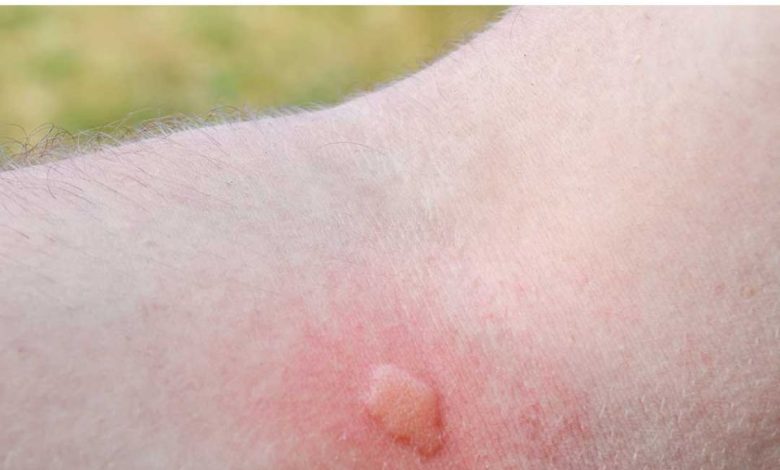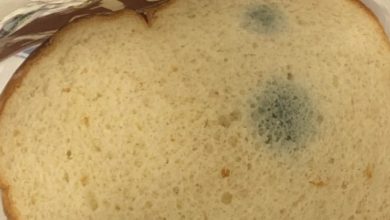I had no idea it worked like this!

Mosquito bites, often dismissed as a mere summer inconvenience, can escalate into a serious health concern. These tiny insects are capable of transmitting debilitating diseases like malaria, dengue fever, and Zika virus. Understanding why mosquitoes exhibit a preference for certain individuals is crucial in developing effective prevention strategies.
ADVERTISEMENT
The Enigma of the Mosquito Magnet
ADVERTISEMENT
Have you ever wondered why some people seem to be mosquito magnets while others remain relatively bite-free? This intriguing phenomenon has captivated scientists and the public alike. The answer lies in a complex interplay of factors that make certain individuals more appealing to these pesky insects.
ADVERTISEMENT
Decoding the Mosquito’s Preferences
A multitude of elements contribute to an individual’s attractiveness to mosquitoes. Let’s delve into the key factors that influence a mosquito’s decision-making process:
- Body Odor and Sweat: Mosquitoes are drawn to specific compounds found in human sweat and skin bacteria. Individuals with elevated levels of lactic acid, ammonia, and certain carboxylic acids are more likely to be targeted.
- Carbon Dioxide Emission: As we exhale, we release carbon dioxide, a substance that acts as a powerful mosquito attractant. Larger individuals and pregnant women, who tend to exhale more CO2, are often at a higher risk of bites.
- Body Temperature: Mosquitoes possess the ability to detect body heat. Individuals with higher body temperatures, whether due to exercise, alcohol consumption, or hormonal fluctuations, are more susceptible to mosquito attacks.
- Blood Type: Research indicates a correlation between blood type and mosquito attraction. People with Type O blood appear to be more appealing to mosquitoes compared to those with Type A, B, or AB blood.
- Clothing Color: Dark-colored clothing, such as black, navy blue, and red, can make you more visible to mosquitoes. Conversely, lighter colors tend to be less attractive to these insects.
- Genetics: An individual’s genetic makeup plays a significant role in determining their attractiveness to mosquitoes. Factors like skin scent and metabolic rate, influenced by genetics, can impact the likelihood of mosquito bites.
Protecting Yourself from Mosquito Bites
By understanding the factors that attract mosquitoes, you can implement effective prevention measures. Consider the following tips to reduce your risk of being bitten:
- Wear light-colored clothing: Opt for lighter colors to minimize your visibility to mosquitoes.
- Use insect repellent: Apply insect repellent containing DEET or other effective ingredients to exposed skin and clothing.
- Reduce carbon dioxide emissions: While not always feasible, minimizing physical exertion and alcohol consumption can help reduce carbon dioxide levels.
- Control your environment: Eliminate stagnant water sources, as these are breeding grounds for mosquitoes.
- Stay informed: Keep up-to-date on the latest mosquito-borne disease prevention guidelines.
By combining knowledge with preventive actions, you can significantly reduce your chances of becoming a mosquito’s next target and protect yourself from the associated health risks.




